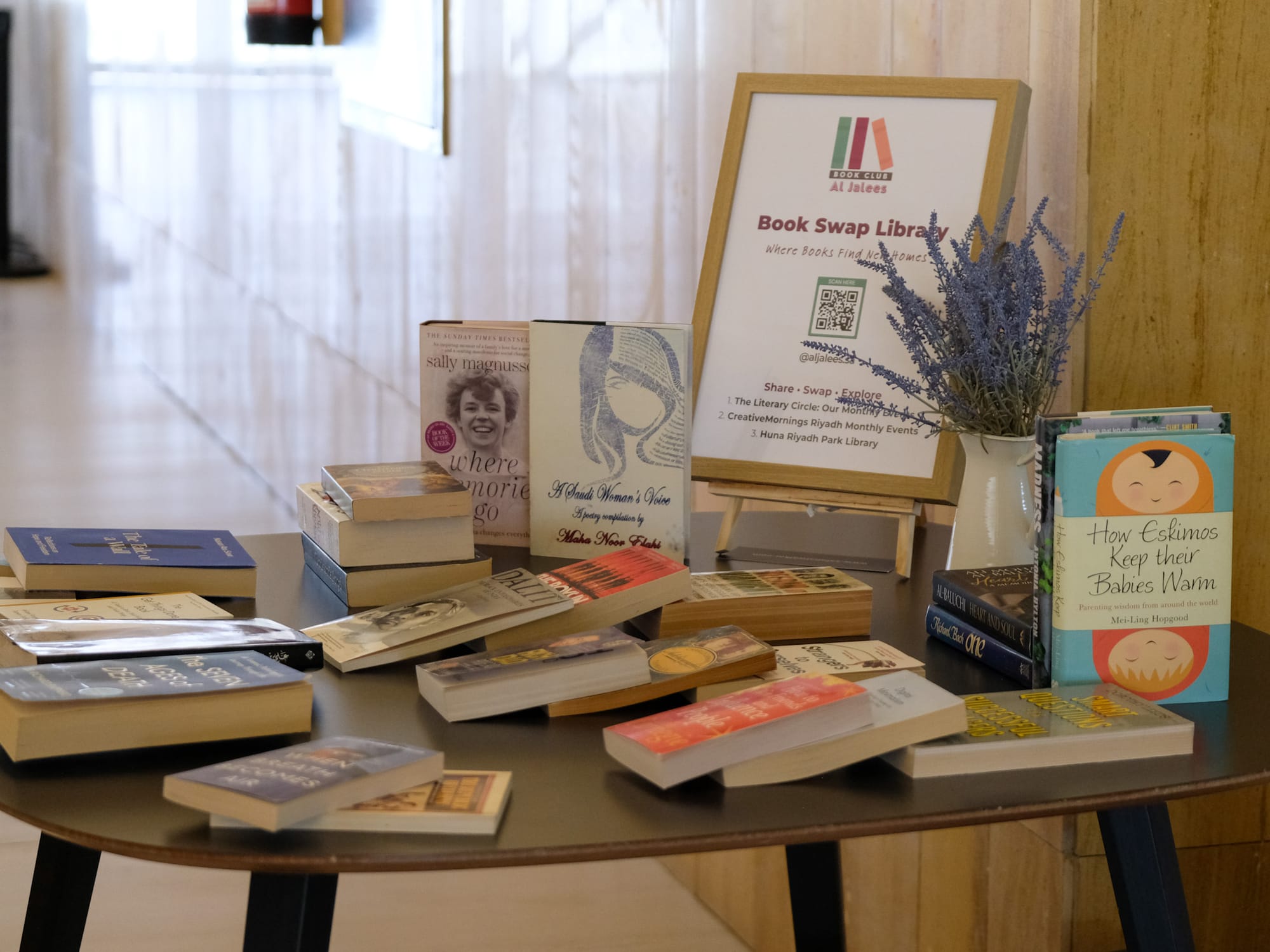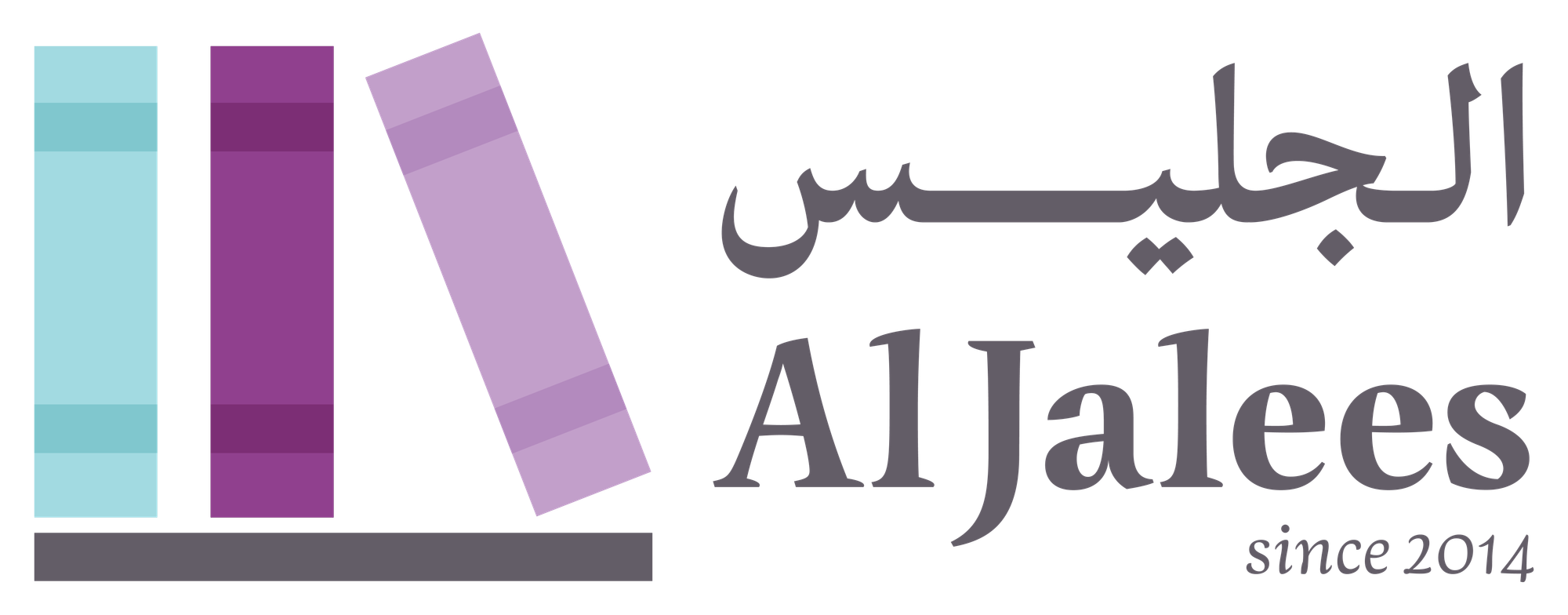Not All Who Advise Are Wise

Exploring the Fine Line Between Wisdom and Misguidance in the Mentoring Journey. How to Tell If Guidance Serves You..
We all seek advice. But how often do we ask if it truly serves us? This month’s CreativeMornings Riyadh session opened that very door.
1. The Problem with Well-Meaning Wisdom
Mentorship is often romanticised—as a noble exchange between generations or a shortcut to wisdom. But what happens when the mentor and mentee are walking entirely different paths? What if wisdom that feels profound in one life stage becomes impractical—or even damaging—in another?
That’s where context enters the conversation. And that’s where this month’s session found its boldest insight.
2. Amjad Jenbaz: A Challenge to Conventional Advice
This month’s speaker was Amjad Jenbaz, Saudi author of #ثاني_لفة_يمين and founder of alefstartup.com—a platform focused on shaping entrepreneurial mindsets through authentic, context-aware storytelling.
Jenbaz began by challenging a global favourite: The Top Five Regrets of the Dying by Bronnie Ware. The book urges us to prioritise freedom, relationships, and rest over relentless work. But Jenbaz asked: Is this advice truly useful—or does it only make sense at the very end of life?
He warned against what he calls “Panadol advice”—the type of guidance that sounds nice but doesn’t heal the root issue. You can’t treat a broken bone with paracetamol. Similarly, you can’t fix a complicated life decision with a vague quote.
To understand whether advice applies to us, Jenbaz introduced a simple but powerful framework:
Good advice must pass the test of three realities:
- Maturity – The emotional and intellectual stage you’re in.
- Ability – Your natural capacities and genetic inclinations.
- Circumstance – The life tunnel you’re currently navigating.
3. Mentorship as Diagnosis, Not Prescription
Advice, in Jenbaz’s view, isn’t something you give—it’s something you tailor.
It should be shaped by who’s asking, where they are in life, and what they’re capable of carrying. Without that awareness, advice becomes generic, overconfident, and detached from reality. True mentorship listens before it speaks.
Here’s how his 3-part model works:
- Maturity: Advice given to a young graduate will not help a parent managing a career, household, and health issues. IQ might get you hired—but EQ (emotional intelligence) helps you rise, and PQ (political intelligence) sustains your impact within systems.
- Ability: We are not blank slates. Our genes influence how resilient we are, whether we’re introverted or extroverted, and whether we function best in the morning or at night.
- Circumstance: Tunnels differ. A person with generational wealth and no family obligations may find “leave your job and follow your dreams” a charming adventure. But for others, it’s a reckless move with real consequences. Advice must match the weight of the life it enters.
A Mentor Worth Listening To Has:
- Confidence: Belief in what they’re sharing—not just echoing trends.
- Expertise: Lived, credible experience in your field or dilemma.
- Justification: A why behind the advice that aligns with your reality.
4. Timeless Mentoring, Timely Wisdom
The best mentors don’t tell you what to do—they hold up a mirror and ask the question you’ve been afraid to ask. Here are timeless words from mentors who understood the weight of wisdom:
“The delicate balance of mentoring someone is not creating them in your image, but giving them the opportunity to create themselves.” – Steven Spielberg
“Mentors are not there to make us comfortable. They are there to make us better.” – Sheryl Sandberg
“You cannot teach a man anything. You can only help him discover it within himself.” – Galileo Galilei
These mentors knew that advice isn’t one-size-fits-all. It’s a conversation between your past and your possibilities.
5. Fictional Mentors Who Reveal Real Truths
Literature offers rich reflections of mentorship—some transformative, others cautionary:
- Atticus Finch (To Kill a Mockingbird) teaches moral clarity through quiet integrity.
- Morrie Schwartz (Tuesdays with Morrie) mentors through mortality—listening more than he lectures.
- Dumbledore (Harry Potter) mentors with purpose but keeps secrets, showing mentorship isn’t always transparent.
- Polonius (Hamlet) delivers poetic advice that feels wise but often lands empty—proving that words without timing are hollow.
These literary figures remind us: mentorship isn’t about perfection. It’s about alignment—between mentor, mentee, and moment.
6. Questions Worth Asking After the Talk
Inspired by Amjad Jenbaz and the lively Q&A, here are questions to continue the conversation—within your book clubs, families, or private reflections:
- Have you ever followed advice that backfired? What did it teach you about yourself?
- Is it dangerous to apply “end of life” reflections too early in our careers?
- Do we sometimes seek mentors just to validate what we already believe?
- Can someone younger than you still be a mentor?
- Who do you currently mentor—and are you offering diagnosis or default?
Final Reflection
Mentors are not flawless authorities—they’re companions with experience. And sometimes, the wisest among them will gently say, “That advice may not be for you.”
So may we all seek mentors who honour our context. And may we, when asked to guide, pause and ask:
Where is this person in their journey—and what do they truly need?

Join Al Jalees event in Riyadh on August 27th for a very special Summer Trivia Night!
